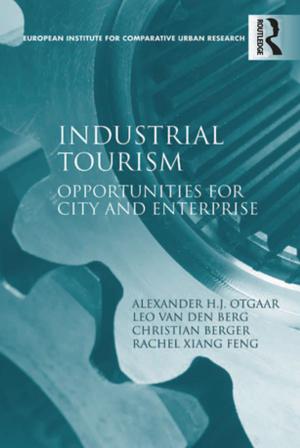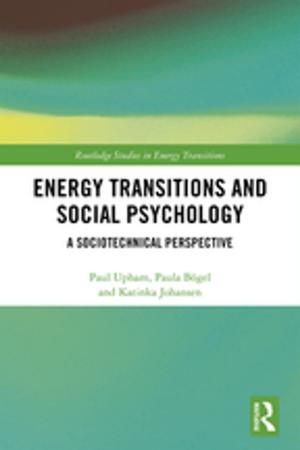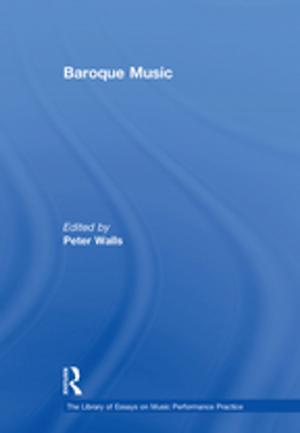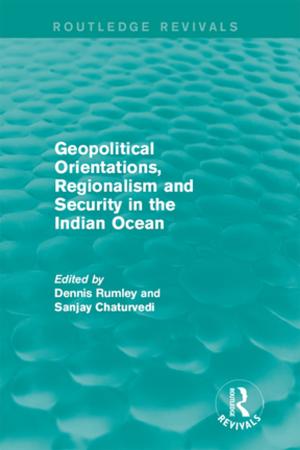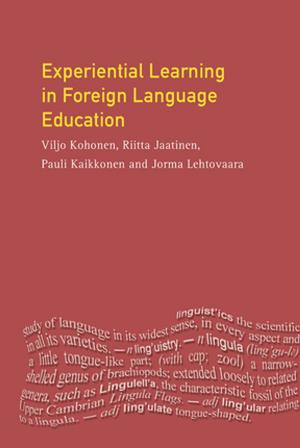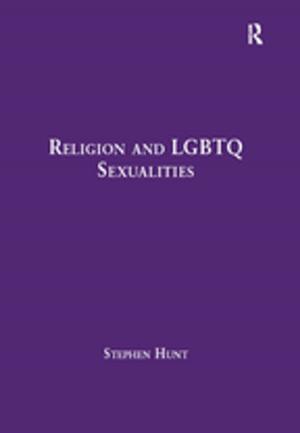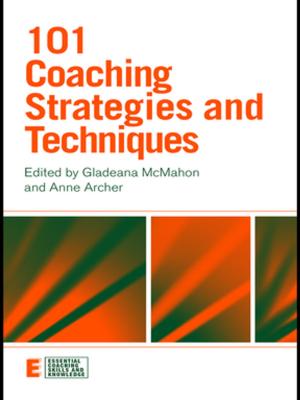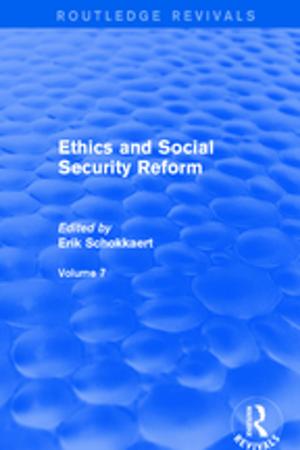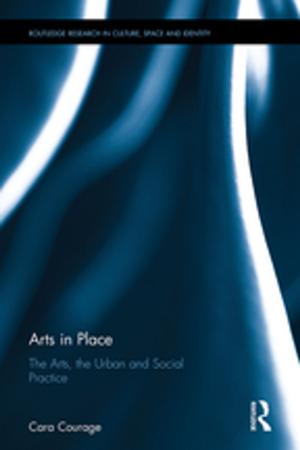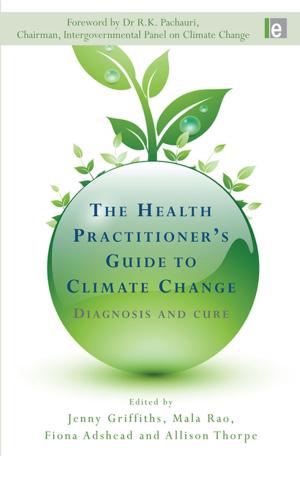Enhancing the Wellbeing and Wisdom of Older Learners
A co-research paradigm
Nonfiction, Reference & Language, Education & Teaching, Educational Theory, Adult & Continuing Education, Health & Well Being, Psychology, Developmental Psychology| Author: | Tess Maginess | ISBN: | 9781317385721 |
| Publisher: | Taylor and Francis | Publication: | June 10, 2016 |
| Imprint: | Routledge | Language: | English |
| Author: | Tess Maginess |
| ISBN: | 9781317385721 |
| Publisher: | Taylor and Francis |
| Publication: | June 10, 2016 |
| Imprint: | Routledge |
| Language: | English |
Enhancing the Wellbeing and Wisdom of Older Learners: A Co-research Paradigm examines how lifelong learning, becoming wise, and sharing wisdom are integrally linked to older people’s wellbeing. The book highlights appropriate learning styles and pedagogies for older people, including research models emphasising participation, and offers recommendations for research in lifelong learning with the potential to effect change.
Focusing upon a collaborative action research project, ‘Sagaciation’, chapters explore the involvement of older learners in the design and delivery of the scheme, which enabled them to expand their knowledge and skills, and to fully engage as critical and creative voices in a supportive and welcoming environment. The book offers an account of the process of the action research, as well as its findings. The project is set into the context of leading academic thinking on fields such as the growth of an ageing population, the rise of literature on ageing, negative and positive constructions of ageing, social gerontology, the wellbeing and health of older people, and educational gerontology.
This book challenges negative representations of older people as a burden by offering a paradigm of hope, resilience, and sagacity within education and beyond. It will appeal to researchers, academics and postgraduate students in the fields of adult education, lifelong learning, gerontology, mental health and wellbeing, and the sociology of education, as well as to policymakers and those working with older people
Enhancing the Wellbeing and Wisdom of Older Learners: A Co-research Paradigm examines how lifelong learning, becoming wise, and sharing wisdom are integrally linked to older people’s wellbeing. The book highlights appropriate learning styles and pedagogies for older people, including research models emphasising participation, and offers recommendations for research in lifelong learning with the potential to effect change.
Focusing upon a collaborative action research project, ‘Sagaciation’, chapters explore the involvement of older learners in the design and delivery of the scheme, which enabled them to expand their knowledge and skills, and to fully engage as critical and creative voices in a supportive and welcoming environment. The book offers an account of the process of the action research, as well as its findings. The project is set into the context of leading academic thinking on fields such as the growth of an ageing population, the rise of literature on ageing, negative and positive constructions of ageing, social gerontology, the wellbeing and health of older people, and educational gerontology.
This book challenges negative representations of older people as a burden by offering a paradigm of hope, resilience, and sagacity within education and beyond. It will appeal to researchers, academics and postgraduate students in the fields of adult education, lifelong learning, gerontology, mental health and wellbeing, and the sociology of education, as well as to policymakers and those working with older people

